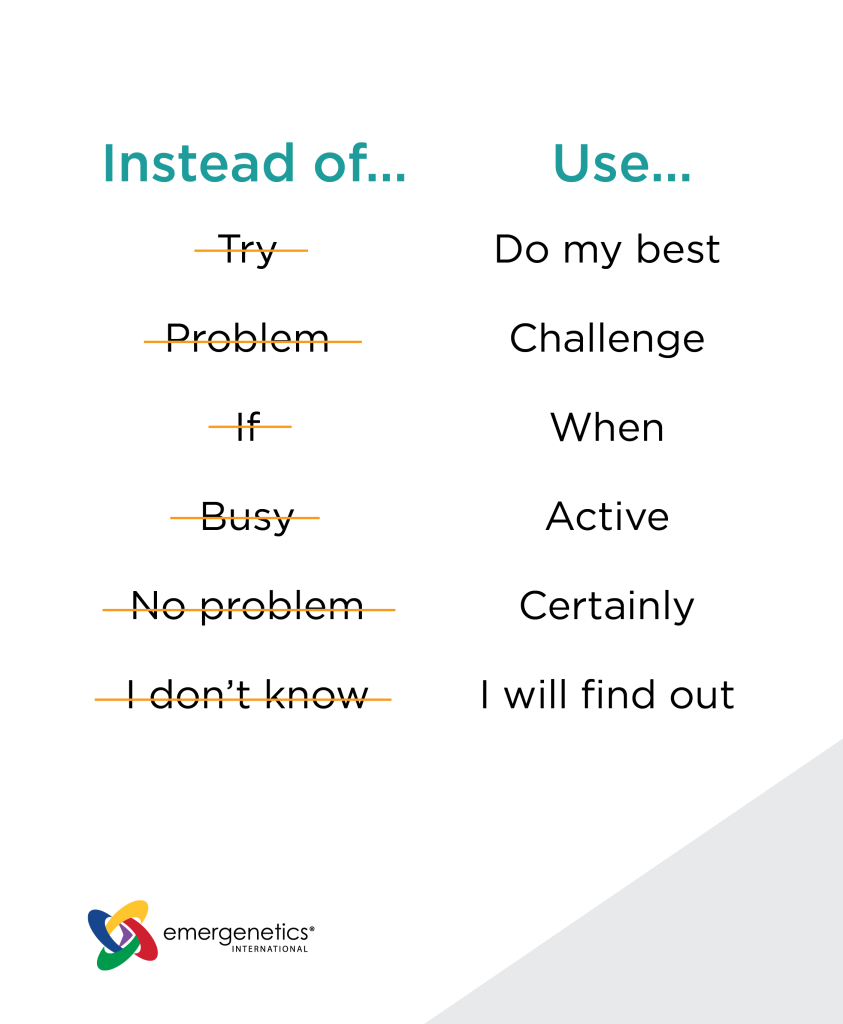
When an organization experiences setbacks, leaders are looked to for guidance and support. Maintaining a level head and attending to adversity with a constructive mindset is instrumental. Leaders with “the ability to respond adaptably to challenges” (Center for Creative Leadership) demonstrate resilience.
Resilience is a foundational leadership skill, as it enables a team, department or organization’s success when challenges arise.
Why Resilience is Important
Resilient leaders respond to situations purposefully, and amidst conflict or unpredictable obstacles, it is an asset to have individuals who can find a way to change course and move onward. Leaders who adapt with ease set the tone for their team members as they:
- Model a sense of control where the circumstances are trying
- Inspire counterparts to cultivate positive thinking and remain calm
- Mitigate the effects of stress and burnout
- Increase productivity and engagement
- Promote better mental and physical health
Organizations with resilient leaders are more likely to perform well in times of adversity. To build confidence and capability in steering times through challenges, I recommend embracing three tactics.
3 Practices that Build Resilience
#1 – Engage in Self-Care
Gallup estimates that low levels of engagement result in $8.9 million lost in the global GDP and reports a correlation between disengagement at work and the percentage of employees who experience stress, anger, worry and loneliness. And in the last year, 1 in 5 of the world’s employees stated that they experienced daily loneliness. To effectively support others, people managers must first take care of themselves. Investing in one’s well-being is a strategy for endurance and better work performance. The concept of self-care is at the core of being resilient.
Whether it’s through physical exercise, mindfulness practices, or cultivating social connections, self-care enables leaders to maintain their equilibrium and model healthy habits for their direct reports. When supervisors focus holistically on their health and needs, it models wellness within their organization, empowering everyone to build their own resilience too.
Best Practice: Make a point to schedule an activity every week benefiting your physical, cognitive, emotional and social health to fill your own cup before you fill others.
#2 – Use Positive Self-Talk
The language we use profoundly influences our perception of reality. Positive words strengthen areas in the brain that promote motivational centers, while negative words have the opposite effect, increasing the activity in our amygdala, the part of the brain that reacts to perceived danger and pain. Leaders who harness the power of positive language can encourage teammates during challenging times and transform difficulties into opportunities for growth.
The concept of the Language of Grace invites us to shift our vocabulary from negative to positive, thereby changing our mindset and approach to obstacles. Instead of saying “I can’t,” try “I haven’t yet” and integrate a few of these verbiage changes into your vocabulary.

These subtle changes can significantly impact how executives and their teams view their capabilities and potential. Positive language leads to a culture of optimism and motivation, enabling staff to navigate new and evolving situations with confidence and grace.
Best Practice: Introduce the Language of Grace in the workplace and start an accountability system by asking teammates to correct and reframe their words when they speak negatively.
#3 – Set Realistic, Meaningful Goals
Goal setting is a powerful tool for increasing resilience as it can propel leaders to flex out of their comfort zones. Research even shows that executives are 91% more likely to enjoy leaving their comfort zone in pursuit of targets. It is important that supervisors identify clear, achievable objectives to create a roadmap for success, especially when challenges exist.
Setting realistic and meaningful goals, both short-term and long-term, helps maintain focus and motivation, turning vision into manageable tasks. Celebrating small wins along the way boosts morale and reinforces the strength of the team. People managers who practice effective goal setting will advance their personal stamina while inspiring their teams to persevere and build a collective spirit.
Best Practice: Create near-term and long-term goals that answer each of the Attributes’ burning questions and ensure the objectives are reasonable and not out of reach.
Building resilience is an ongoing process, not a one-time achievement. It requires healthy habits, accepting failure and maintaining an internal locus of control, all of which take time to build. By being open to changes and focusing on the positives, leaders can get one step closer to gaining resilience and uplifting others in the process.
Discover how Emergenetics will empower you to advance your leadership skills to meet the demands of the future of work. Visit our website, download our 10 Essential Skills for Leaders guide or fill out the form below to speak with one of our team members today!
 Print This Post
Print This Post

